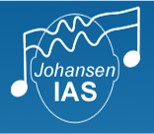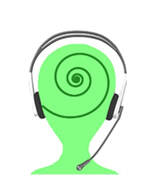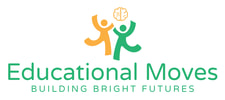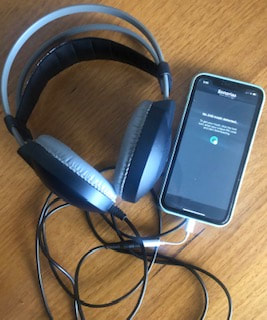Johansen Individualised Auditory Stimulation (JIAS)

About JIAS
Johansen Individualised Auditory Stimulation (also known as Johansen Sound Therapy) was developed in Denmark by Dr. Kjeld Johansen, director of the Baltic Dyslexia Research Laboratory, from the original work by Christian A. Volf.
http://www.dyslexia-lab.dk/
Johansen Individualised Auditory Stimulation (also known as Johansen Sound Therapy) was developed in Denmark by Dr. Kjeld Johansen, director of the Baltic Dyslexia Research Laboratory, from the original work by Christian A. Volf.
http://www.dyslexia-lab.dk/
It is a home or school-based Sound Therapy programme, which involves listening to specially recorded music for ten minutes a day, 6 days a week, over an average of nine months.
JIAS is the only auditory stimulation programme which can customise music to the individual’s own listening curve, to organise and enhance auditory processing skills.
The programme is offered through trained providers. For training information please visit "Smart Learning Solutions" by clicking the button below.
JIAS is the only auditory stimulation programme which can customise music to the individual’s own listening curve, to organise and enhance auditory processing skills.
The programme is offered through trained providers. For training information please visit "Smart Learning Solutions" by clicking the button below.
Smart Learning Solutions Practitioner Training Information

Who can benefit from JIAS?
JIAS may benefit children, adolescents and adults who have difficulty with speech and language - both spoken and written.
Through addressing underlying auditory processing, an individual may notice that they are able to discriminate, understand and organise speech sounds better.
The following difficulties may benefit from either an Individualised or Generic programme.
JIAS may benefit children, adolescents and adults who have difficulty with speech and language - both spoken and written.
Through addressing underlying auditory processing, an individual may notice that they are able to discriminate, understand and organise speech sounds better.
The following difficulties may benefit from either an Individualised or Generic programme.
- Concentration, Focus and Attention
- Self Esteem
- Sensitivity to loud or certain sounds / voices
- Anxiety
- Following instructions in a noisy environment, i.e.
- classroom
- swimming pool
- basketball stadium
- Ready, Writing, Spelling
- Poor behaviour
- not understanding what they are asked to do
- overwhelmed by loud noise / too much information
- Understanding and remembering a set of instructions
- Dyspraxia
- Dyslexia (written language)
- Autism Spectrum Disorder



